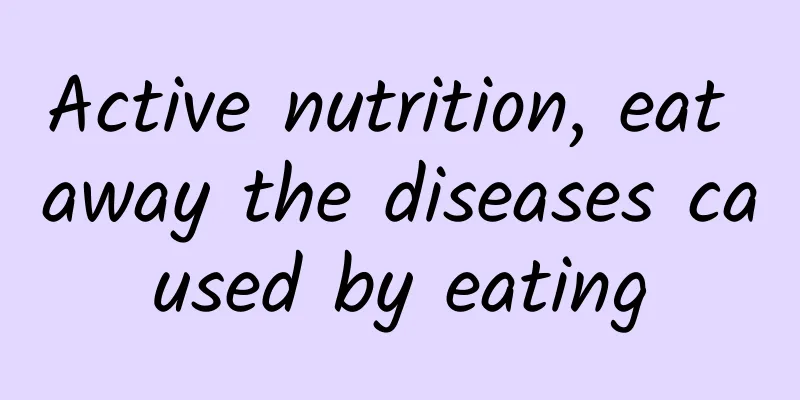The harm of excessive intake of oil to the body and tips for using oil

|
Oil is an important energy-producing nutrient for the human body and a major component of the diet. In the cooking process, oil enhances the flavor of food and has become an indispensable food in our lives. However, if we do not control our daily diet, we may unknowingly become a person with high oil intake, which will seriously endanger our health. Excessive fat intake increases the risk of obesity, which is a risk factor for chronic diseases such as hyperlipidemia, diabetes, hypertension and coronary heart disease. Figure 1 The trouble with obesity Tips for using oil Cooking oil is an important source of fat for our daily needs. Do you know the following tips on how to use oil correctly? 1. Do not use cooking oil repeatedly at high temperatures. Repeated high-temperature heating of cooking oil will not only destroy the vitamin A, carotene, vitamin E, etc. in the oil, reducing its nutritional value, but also produce many harmful substances that are difficult to digest, toxic, or even carcinogenic. 2. You can choose different cooking oils according to the cooking method. Walnut oil and linseed oil are suitable for cold dishes; tea oil, olive oil, rapeseed oil, corn oil, soybean oil, blended oil, etc. are suitable for stir-frying, frying, boiling and stewing. 3. Use oil in a quantitative manner and control the total amount. According to the recommendation of the Chinese Residents' Balanced Diet Pagoda, a healthy adult should use 25 to 30 grams of cooking oil per day, which is about two and a half spoons of a white porcelain spoon. For a family of four, the total amount of cooking oil should not exceed 100 to 120 grams per day. Therefore, it is recommended to use a scaled oil pot at home. 4. Do not place oil drums or oil pots near stoves or windows that are exposed to sunlight. Store them in a sealed, dark and cool place to better protect the oil. |
<<: [Medical Q&A] Does yellow nasal discharge necessarily mean a bacterial infection?
>>: [Medical Q&A] Can heavy exercise cause rhabdomyolysis?
Recommend
I suddenly had abdominal pain after turning over. It turned out that it was the cause.
This is the 4777th article of Da Yi Xiao Hu Xiaol...
Are there any symptoms of blocked fallopian tubes?
In life, some women have been preparing for pregn...
Do women in their thirties age quickly? Proper maintenance still makes you look beautiful at the age of 18
When women reach around 30 years old, the aging s...
Why is my period delayed after sex?
A normal married life is not only beneficial to p...
What causes pubic pain during late pregnancy?
In the late stages of pregnancy, many pregnant wo...
Subvert your cognition! Brain damage makes them vegetative? They can't speak but can cry? In order to wake them up...
The short drama that has been flooding the screen...
Will kidney disease be passed on to children? The truth is...
Young expectant mothers and fathers with kidney d...
What should women do if they have hair loss on the top of their heads?
I guess everyone will experience hair loss, becau...
How to enlarge breasts more effectively after childbirth?
Postpartum breast enhancement is an issue that ma...
Pregnant woman suddenly feels cold and shivering at night
During pregnancy, the body of the pregnant woman ...
Dark color bleeding during ovulation
Why does the color of ovulation bleeding turn dar...
Which is easier to develop, the front wall or the back wall?
Both the front wall and the back wall are near th...
How does it feel to be pregnant?
When some people see someone around them pregnant...
How many days after menstruation is over can you have sex
During their relationship, both men and women mus...
Feeling the signs of ectopic pregnancy
Speaking of ectopic pregnancy, I believe it is a ...









